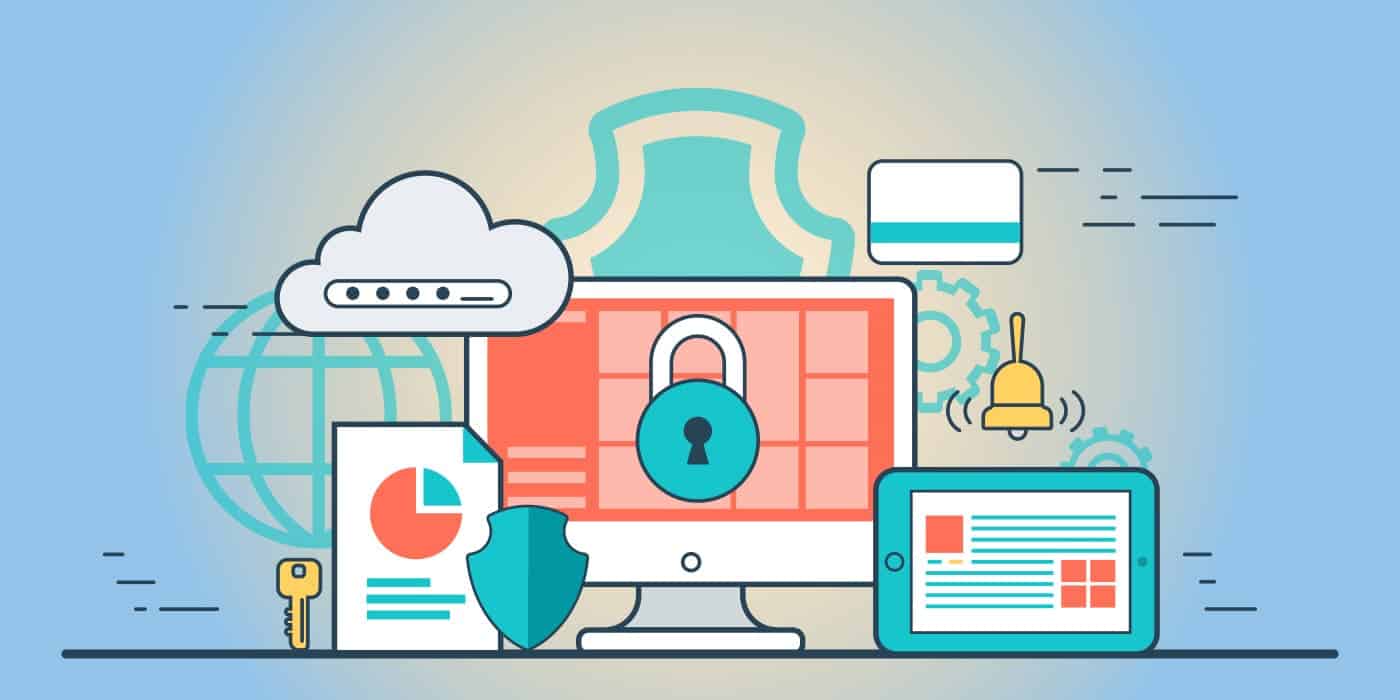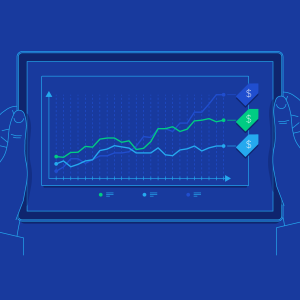What is a Private Software License? (When to use it?)
June 17, 2022

A private software license simply means that the developer is the sole licensed user of the software. A business can develop software for the sole use of its activities without distributing or sharing it with other users outside its entity.
A business can develop software for a certain department and install the software on specific computers for specific employees. This software is unique to this business and only used by the specified employees.
What are the Benefits of a private software license?
The private software license is tailor-made for your individual use. This means that you are the sole owner of the copyright and determine how and to what extent the software can be used and distributed. In this case, you may opt to leave out the agreement because whether you include it or not, you are the copyright owner by default. However, you might need to distribute it to your workforce, and this is where the software license becomes important.
The best thing about this license is that nobody can sue you for it because, well, you are the only user unless you decide to sue yourself. Another great benefit is that you require zero licensing fees.
A private software license gives you the freedom to modify, cancel, share, copy, or whatever you opt to do without any repercussions or fear of infringement of the rights of your users.
When to use a private software license
This license can be used internally for employees of a business entity. You might want to specify that the software is strictly for internal use. You can also use it to limit the number of times it can be duplicated by the internal users and also define the consequences of infringement on the copyrights.
As a private software license owner, you reserve the right to share, distribute, publish, run, or compile the software. You can use this type of license to protect your intellectual property from fraudulent people and liability claims that can arise from the use of your software.
It is important to note that the applications defined in the private software license can be propriety, commercial, or non-commercial. This might be irrelevant as long as the owner remains the sole user. However, the user can opt to commercialize the software. The private software license must be adjusted appropriately.
Pros and cons
| Pros | cons |
| The sole determiner of the extent of use. | Maintenance and upgrade costs are all on you |
| You decide and design all the features of the license. | You rely on a software firm that developed your software for support which can be inefficient as they are not there for you 24/7. |
| No end users. | |
| The sole owner of copyrights |
Conclusion
The only cost you’ll have to bear is the update and maintenance costs. Your software will not remain relevant to the recent technology forever and might require an upgrade at some point.
FAQs
How can I make a private software license?
You can draft it for yourself or engage a lawyer.
Can I commercialize my private software license?
Yes, the power over it is solely in your hands.

